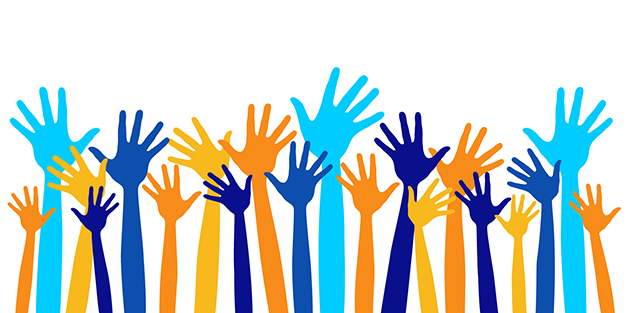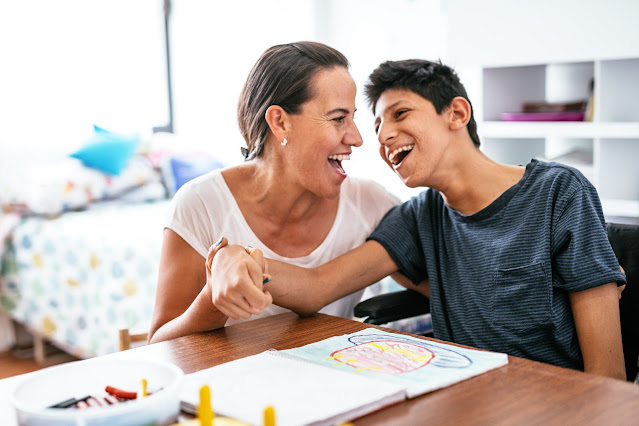8 Ways to Support People With Disabilities
People with disabilities, young and old, all want the same thing: to feel part of it. A sense of cohesion and cohesion is important for everyone around the world, especially people with disabilities. When you lose your sense of belonging to life, it's very easy to slip into a dark hole and convince yourself that you don't care. We are all important; regardless of our age, gender or disability.
Society is stuck in our brains that if we are different, we don't deserve it. Society rejects those who are different; which does not match the perfect "mold". People deserve to be treated with the same love and support as everyone else. Here are 6 ways you can support people with disabilities:
1) set high and reasonable expectations
Society wants us to believe that people with disabilities must be constantly monitored and in need of constant supervision. Although all the shortcomings are different, this is probably not the case. Society continues to place low expectations on people with disabilities, and over time most people have adopted this way of thinking. It is also higher for people with disabilities and they are also beginning to set lower expectations. One of the best ways to support people with disabilities is to set high, even normal expectations. Make them feel like you.
2) Learn
It's as easy as completing a Google search! You don't have to go to lessons or the library; Just type a few words into Google and thousands of articles are at your fingertips. You don't have to be an expert, you just need to know the basics. Learn a little about what is good, bad, and ugly to someone with a specific disability.
If it suits you, ask them in person. The Internet can tell you so much. Each disability is unique to their person, so if the time is right, ask them if they don't mind talking about their disability. Ask them what they want and/or can't and what they want in the future. 3) Do not accept
By thinking you will know what they are saying about things. If you feel it is appropriate to ask if someone has a disability, do so, but do not assume that you know. Many shortcomings go unnoticed because they easily fit into the "mold" of society. There is nothing more confusing than to think that someone has a disability and that she doesn't.
4) Be a good listener
It is possible at all stages of life, but it is important to be a good listener when supporting people with disabilities. It is often believed that people with disabilities cannot or do not want to get along with others, but this is not always the case (and often is not the case). You may need to learn to communicate and adapt from there, but listening is an important quality and quality. When you open up and listen to the other person, they begin to feel integrated and begin to feel important; start feeling wanted. These three things are very important for a happy life.
5) Be inclusive and hospitable
Although this is related to the point above, it is important to note. You don't have to be friends with everyone and spend time with them. Inclusion does not have to be accompanied by compassion. We do not force anyone to be friends, but make sure that your friends and acquaintances with disabilities can participate in group activities. If you don't know if they can or can, ask them! They will feel integrated by simply asking questions.
6) Be a good support system
Everyone can prosper if they have a good support system. People with disabilities may need support differently from you, but they need the same support action. Educate yourself and understand how to create a strong support system. A good support system is different for people with different disabilities.
Motivision Disability Services has programs like community participation to help and support people with developmental disabilities, and their families, friends, and staff. Motivision Disability Services celebrate differences, change lives and grow the future




Comments
Post a Comment